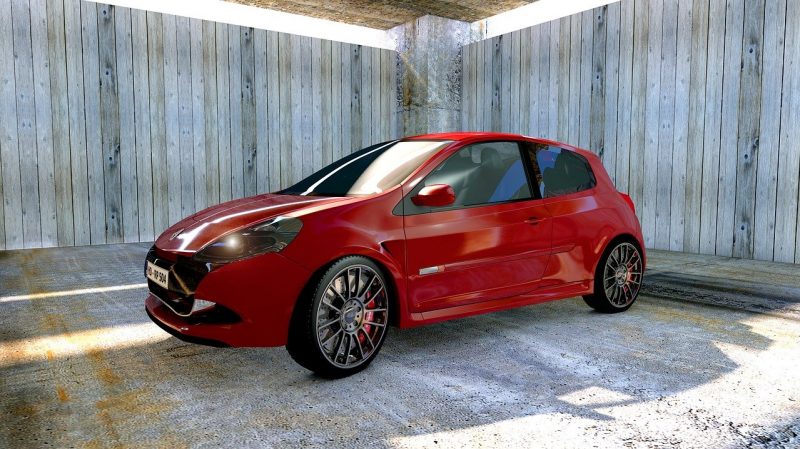In the past year, more workers across the country have become accustomed to working from home.
In fact, in April 2020, the Government recorded that 46.6 per cent of people in employment did some work from home. There’s no doubt that COVID-19 contributed to this, with 86 per cent of homeworkers saying they did so due to the pandemic.
However, as many of us stayed home, so did our cars. Restrictions on social activities, non-essential travel, and working life meant that cars sat idly on the driveway. Even in April 2021, car use remains 23 per cent lower than before the pandemic.
The home-working economy has expanded, with more remote working opportunities available and an increased interest in them. However, this shift in working behaviour and transport needs means that many home workers will continue to use their car less frequently beyond lockdown.
Here, with experts from Volvo Croydon, we explore the top tips and your questions for leaving your car static while working from home.
Will a parked car lose battery power?
Yes – car batteries will drain, even when parked. This is because it still has work to do while it’s turned off. This includes car alarms and other sensors. But the rate at which it loses power depends on the age and condition of the car.
It’s important that you keep your car’s batteries levels up. Otherwise, things like theft alarms will not be able to function, leaving your car vulnerable.
A good car battery should be able to maintain a charge for about two weeks before it needs recharging. It’s recommended that you start your car up every two weeks and take it for a 15-minute drive to help your battery charge back up.
If your car is older, or the battery is unreliable, you can do this once per week to maintain charge.
How long can I leave my car static?
You can leave your car parked for as long as you need. But it’s always best to regularly take it out for short trips in order to maintain the engine, brakes, and battery.
Be cautious of your brakes. If you leave your car parked for a long time, your brakes may seize up. Regular trips again can help avoid any larger maintenance problems in the future and will also make your car safer on the road.
How should I store my vehicle?
Not all of us have the luxury of indoor or garage storage for our vehicles. Parking your car outside just means that we need to take a few extra steps to maintain the health of the vehicle.
Firstly, give your car a good clean before leaving it. This prevents damage to the paint and reduces the chance of rust. You could even buy a car cover to prevent water from reaching the car.
Secure your car by locking the wheel. You should also leave blocks behind wheels and leave your car out of a neutral gear to prevent any rolling should your brakes fail while it is static.
If you’re not going to drive your car for a while, you can also make a ‘Statutory Off Road Notification’ (SORN). This means that you may be able to claim a refund from your car tax. However, your vehicle must be parked on a driveway, in a garage, or on private land. If you park your car on any kind of public road, you will not be able to make a SORN.
Should you park your car inside a garage, just make sure that the space is well ventilated. Don’t run your engine in an enclosed space, as fuel fumes can be toxic.
What about electric vehicles?
Electric and hybrid vehicles have similarities to petrol and diesel cars. They all have the same 12-volt battery. Equally, they can lose their charge. However, electric and hybrid vehicles will be charged in different ways.
To initiate the charging system, all you need to do is press the start button. You should do this once per week for about 10 minutes in order to maintain the battery. Other electric vehicles can maintain their charge if they remain plugged into the mains charger. However, you should always check your handbook to make sure that you’re looking after your electric vehicle in the best way possible.
How can I get back on the road?
If you’re looking to use your car more regularly or you’re heading back to the office, there are a few things you should do and consider before hitting the road.
- Make sure that your vehicle has had a recent MOT and is taxed. Taxing your vehicle will cancel your SORN
- Check your fluid levels and if you need your oil changed. This is usually after 5,000 to 7,500 miles or after 6 months
- Test your brakes for seizing
- Check your tyre pressure
- Make sure that your car has no damage under the bonnet or on the undercarriage
Cars are made to be driven, but they aren’t needed all the time. This is becoming the case for many people working from home. If you’re planning on spending some time in the home office with limited commutes, make sure that your car is ready to sit static.
Sources
https://www.gov.uk/government/statistics/transport-use-during-the-coronavirus-covid-19-pandemic










